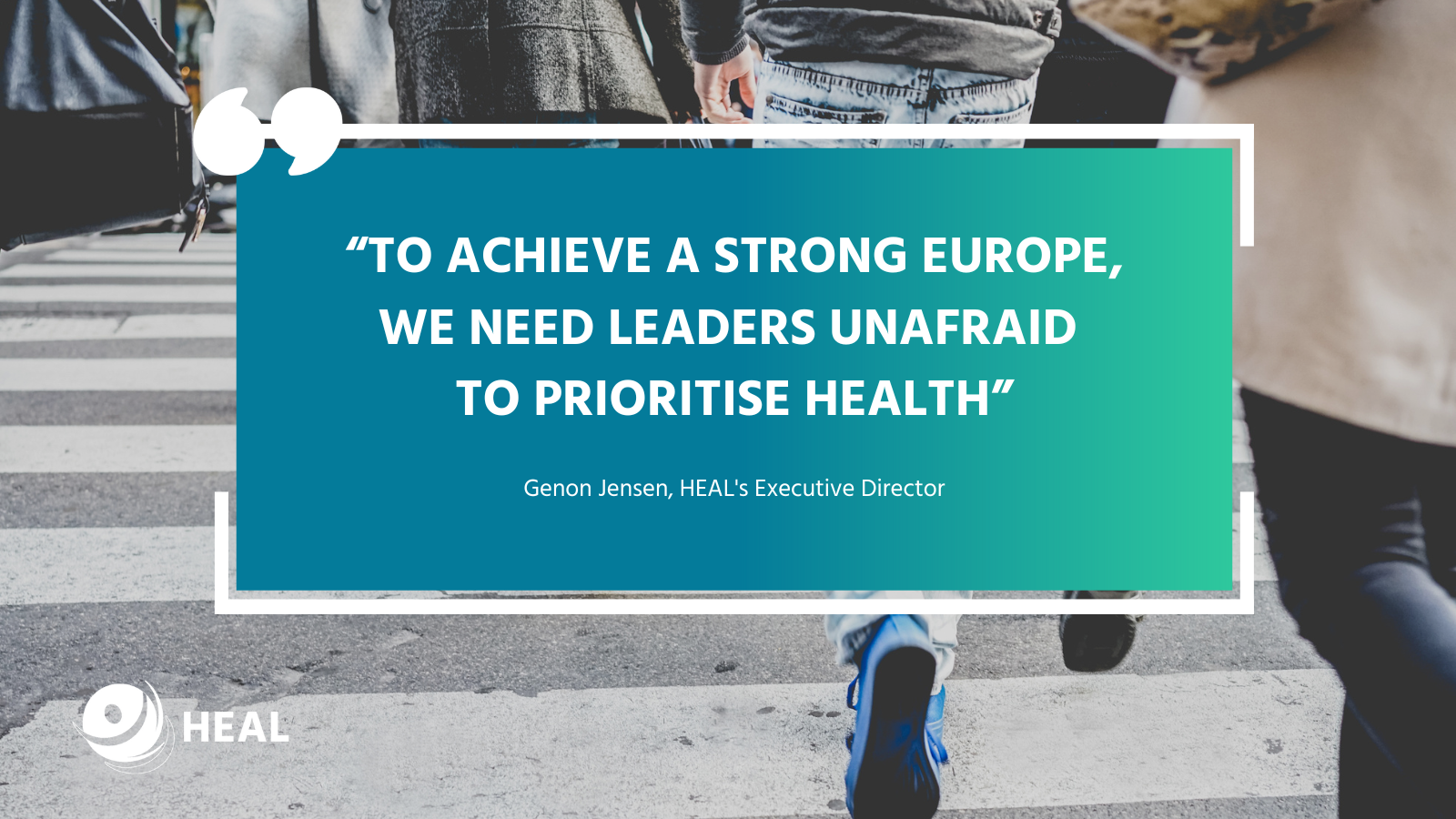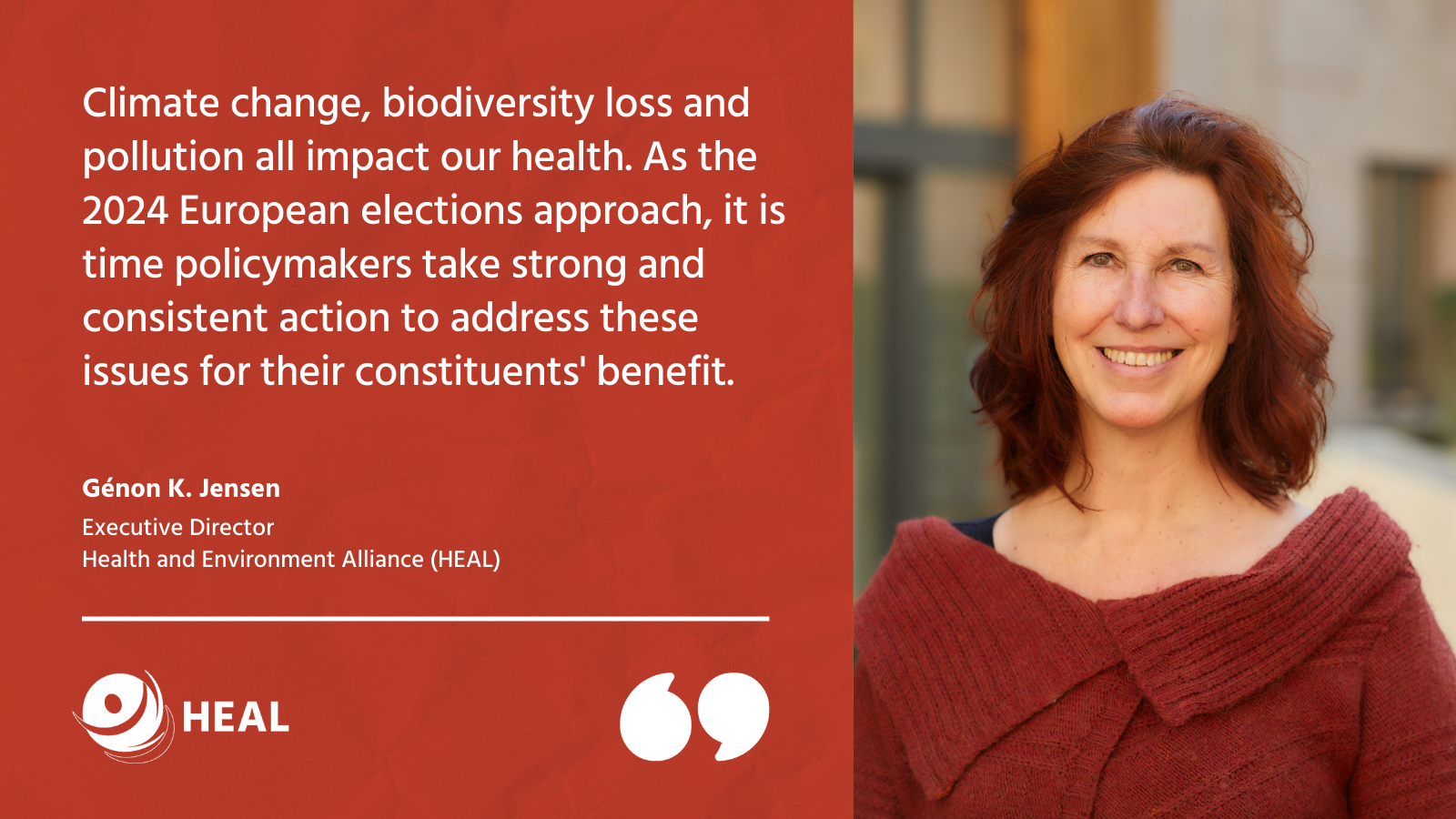Green 10 letter to the President of the European Parliament calling to address the climate, biodiversity and pollution emergency
The Green 10 coalition, which HEAL is a part of, encourages the President of the European Parliament Roberta Metsola upon her re-election to put the climate, biodiversity and pollution emergency at the forefront of her tenure.










